Our Lady's Close
Upper Norwood
SE19 3FA
Mathematics - VI Form
Subjects
-
Art - 6th Form List Item 2
-
New List Item Write a description for this list item and include information that will interest site visitors. For example, you may want to describe a team member's experience, what makes a product special, or a unique service that you offer.
Biology - 6th Form -
New List Item Write a description for this list item and include information that will interest site visitors. For example, you may want to describe a team member's experience, what makes a product special, or a unique service that you offer.
Business Studies - 6th Form -
New List Item Write a description for this list item and include information that will interest site visitors. For example, you may want to describe a team member's experience, what makes a product special, or a unique service that you offer.
Chemistry - 6th Form -
New List Item Write a description for this list item and include information that will interest site visitors. For example, you may want to describe a team member's experience, what makes a product special, or a unique service that you offer.
Computer Science - 6th Form -
New List Item Write a description for this list item and include information that will interest site visitors. For example, you may want to describe a team member's experience, what makes a product special, or a unique service that you offer.
Drama - 6th Form -
New List Item Write a description for this list item and include information that will interest site visitors. For example, you may want to describe a team member's experience, what makes a product special, or a unique service that you offer.
English - 6th Form -
New List Item Write a description for this list item and include information that will interest site visitors. For example, you may want to describe a team member's experience, what makes a product special, or a unique service that you offer.
Extended Project Qualification - 6th Form -
New List Item Write a description for this list item and include information that will interest site visitors. For example, you may want to describe a team member's experience, what makes a product special, or a unique service that you offer.
French - 6th Form -
New List Item Write a description for this list item and include information that will interest site visitors. For example, you may want to describe a team member's experience, what makes a product special, or a unique service that you offer.
Further Maths - 6th Form -
New List Item Write a description for this list item and include information that will interest site visitors. For example, you may want to describe a team member's experience, what makes a product special, or a unique service that you offer.
Geography - 6th Form -
New List Item Write a description for this list item and include information that will interest site visitors. For example, you may want to describe a team member's experience, what makes a product special, or a unique service that you offer.
History - 6th Form -
New List Item Write a description for this list item and include information that will interest site visitors. For example, you may want to describe a team member's experience, what makes a product special, or a unique service that you offer.
Latin - 6th Form -
New List Item Write a description for this list item and include information that will interest site visitors. For example, you may want to describe a team member's experience, what makes a product special, or a unique service that you offer.
Music - 6th Form -
New List Item Write a description for this list item and include information that will interest site visitors. For example, you may want to describe a team member's experience, what makes a product special, or a unique service that you offer.
Mathematics - 6th Form -
New List Item Write a description for this list item and include information that will interest site visitors. For example, you may want to describe a team member's experience, what makes a product special, or a unique service that you offer.
Physics - 6th Form -
New List Item Write a description for this list item and include information that will interest site visitors. For example, you may want to describe a team member's experience, what makes a product special, or a unique service that you offer.
Religious Studies - 6th Form -
New List Item Write a description for this list item and include information that will interest site visitors. For example, you may want to describe a team member's experience, what makes a product special, or a unique service that you offer.
Spanish - 6th Form
Mathematics
Why choose mathematics?
Universities value mathematics and it is a prerequisite subject for a huge number of degrees. The content will complement several other A Level subjects for example Physics, Chemistry, Biology and Geography.
Studying A Level Mathematics ensures students become fluent in the “language of Mathematics” whilst developing the skills to become excellent logical and rational thinkers.
Students who study Maths A Level are able to effectively collect information, critically analyse hypotheses and data, and logically deduce, model and form appropriate conclusions about the world around them. We strive for our mathematicians to take risks, to have a passion for their subject and to be enthused and challenged at every opportunity.
What study skills do you need?
- You need to really enjoy learning mathematics to the point that you are eager to teach yourself new topics, learn new methods or search for proofs independently of mathematics lessons.
- You need to be prepared to complete lots of exercises on one skill, doing more than the minimum requirement to master it.
- Organised, structured revision is key. We learn new content every lesson, so it is important to be constantly revisiting old content in the background.
What are the aims of the course?
- Understand mathematics and mathematical processes in a way that promotes confidence, fosters enjoyment and provides a strong foundation for progress to further study
- Extend their range of mathematical skills and techniques
- Apply mathematics in other fields of study and be aware of the relevance of mathematics to the world of work and to situations in society in general
- Use their mathematical knowledge to make logical and reasoned decisions in solving problems both within pure mathematics and in a variety of contexts, and communicate the mathematical rationale for these decisions clearly
- Construct mathematical proofs
- Represent situations mathematically and understand the relationship between problems in context and mathematical models that may be applied to solve them
- Take increasing responsibility for their own learning and the evaluation of their own mathematical development.
GCSE requirements
At least a grade 7 in mathematics GCSE
Course content
The course is split into Year 1 and Year 2 teaching with 3 exams to be sat at the end of year 2.
- Paper 1: Pure Mathematics
- Paper 2: Pure Mathematics
- Paper 3: Statistics and Mechanics
- Pure Mathematics covers calculus, sequences and series, functions and further mathematical manipulation.
- Statistics looks at probability, discrete and continuous distribution, statistical analysis techniques and hypothesis testing.
- Mechanics covers forces, motion, equilibrium, moments and vectors.
Further Education and career opportunities
Having an A Level in mathematics is particularly helpful to those wishing to study Medicine, Veterinary Science, Dentistry, Sciences, ICT, Technology, Psychology, Geography, and Business Studies / Economics at university.
Some of the most interesting and well-paid careers revolve around mathematics. Careers in finance, medicine, engineering, and business are all open to people with a background in Mathematics. Also pathology, consultancy, teaching, IT, games development, scientific research, programming, the civil service, design, construction and astrophysics to name a few more.
Get more information
Thank you!
Please try again later.
CONTACT US
020 8674 7229
enquiries@thelaurelsschool.org.uk
5 Our Lady's Close,
Upper Norwood, SE19 3FA
ABOUT
ACADEMICS


All Rights Reserved | The Laurels |
Web design by www.beardfish.co


